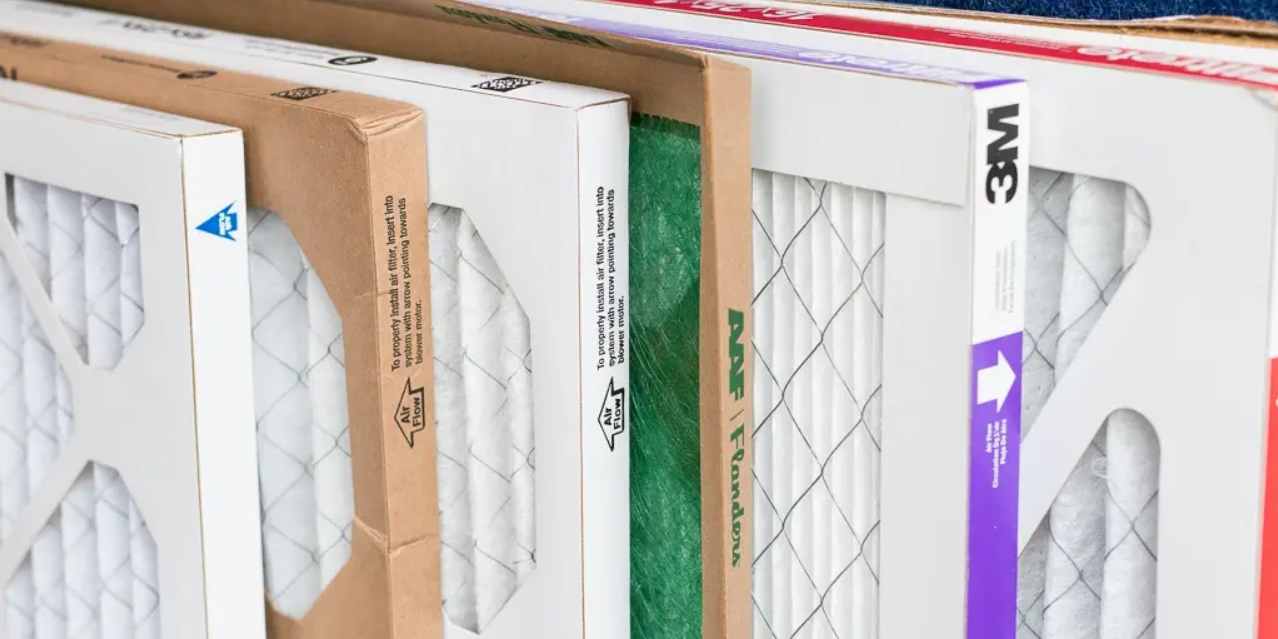One of the most significant parts that make up an efficient and effective Heating, Ventilation and Air Conditioning (HVAC) unit is the air filtration system that is built into it. A good filter will help to rid the air you breath of particles like pollen, mold, bacteria and dust, which can prove to be dangerous or even deadly. An air filter will trap these unwanted particles, which prevents them from recirculating within the building.
Before we delve into the types of filters that are available on the market, it is important to touch on the Minimum Efficiency Reporting Value, also known as MERV. This acronym refers to a chart that rates various air filters that are available on the market on a scale of one to 16. A rating of 16 is awarded to the most efficient filters. The MERV rating can easily be found on product packaging.
Here are the top types of HVAC filters to consider:
UV Filters
According to the Air Movement and Control Association International Inc., UV filters utilize short-wave ultraviolet energy through special lightbulbs. The energy produced is very similar to the sun’s rays and can kill dangerous particles and irritants in the air like bacteria and mold. However, it has been argued that this method of air filtration is not as effective when it comes to dust particles or fumes. It also tends to be more expensive. As a result, this type of filter is best suited for a more advanced HVAC system.
HEPA Filters
Known as High-Efficiency Particulate Air (HEPA) filters, these are considered to be among the top air filtration products on the market. They have been known to remove approximately 99.97 percent of particles including dust and mold for particles. Some HEPA filters are washable which can offer longevity before the product has to be replaced. HEPA filters are also more commonly available. On the flip side, despite how efficient they can be, HEPA filters cannot trap all air pollutants and they can be pricey, especially the ones that are not washable.
Fiberglass Filters
Fiberglass Filters are disposable and easily available at a local hardware store. Made of spun glass, these filters capture large particles inside your home or office. On average, these filters can last for approximately 30 days, making them disposable. Most HEPA filters have a lower MERV rating partially due to the fact that they can have a negative impact on the overall efficiency of an HVAC system. In addition, HEPA filters are not effective when it comes to asthma or allergies.
Pleated Filters
These filters tend to offer more efficiency because of the way they are constructed. Pleated Filters are less porous which makes them more resistant to any pollutants in the air. With a MERV rating of between five and 13, the Pleated Filter also offers longevity, with filters needing to be changed every three to six months.
Filters work hard to keep your home or office clean and safe. In order to ensure that the HVAC in your home or office is performing optimally, don’t forget to change your filter when it gets full and dirty. This will also help with the longevity of your HVAC system as a whole.
Contact Optimal Engineering for UV sanitation in residential and commercial HVAC equipment.







